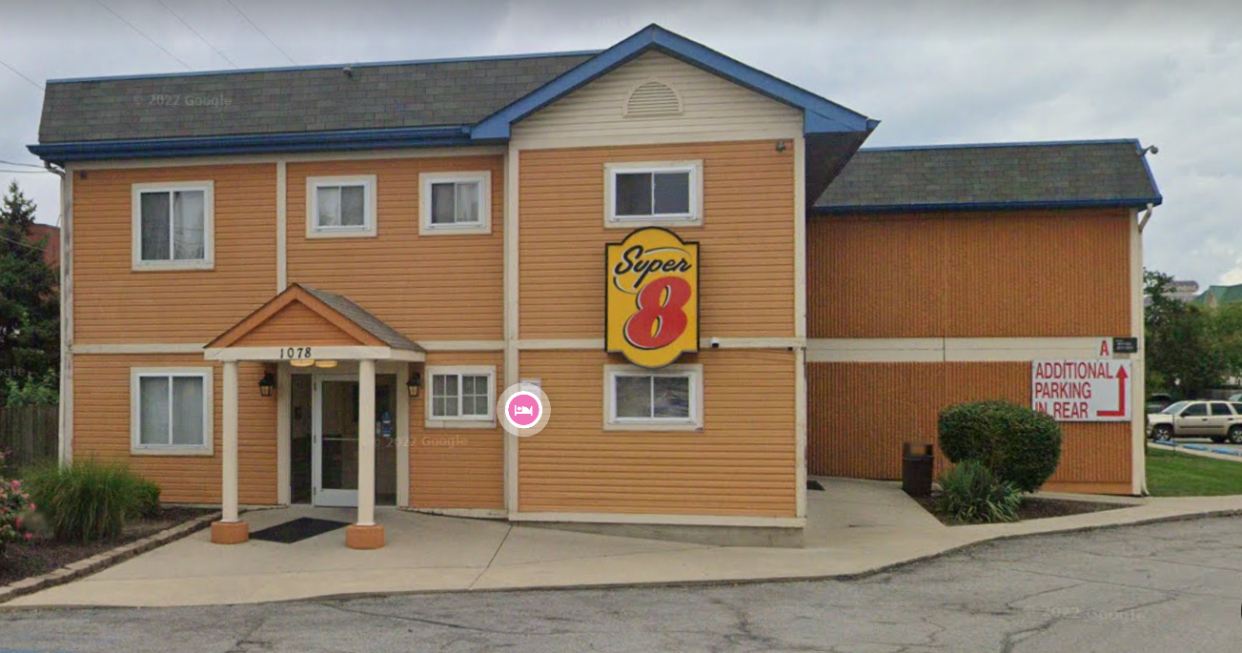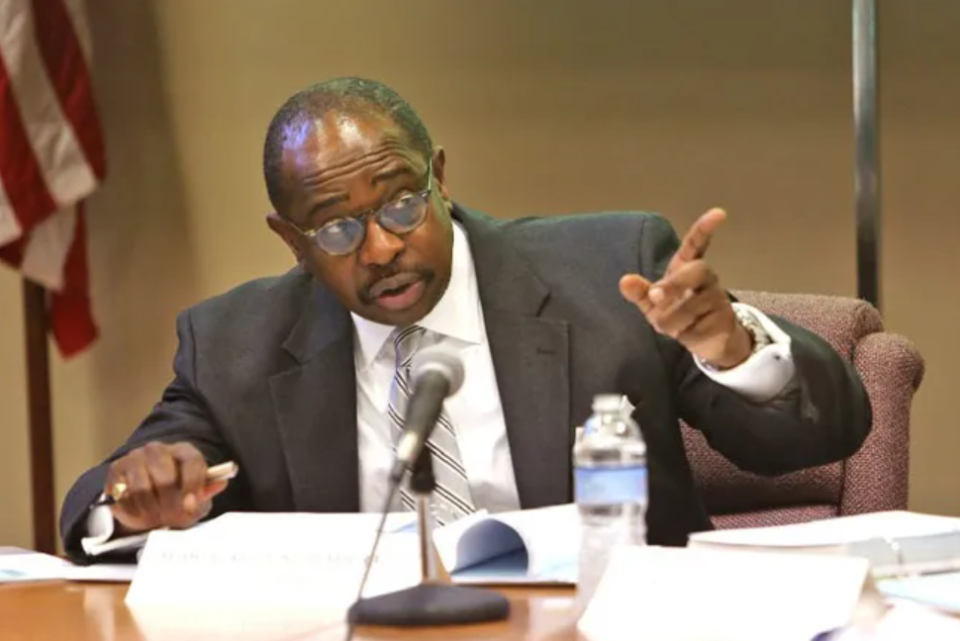Judge: Sex trafficking survivors from outside Ohio can sue hotel chains in Columbus court

More than 1,000 survivors of sex trafficking across the country want to band together in one federal courthouse in Columbus to sue the nation’s largest hotel chains, accusing them of allowing the exploitation to occur under their roofs.
And a federal judge's ruling on Tuesday has now opened the door to them to wage that legal fight in the Joseph P. Kinneary U.S. District Courthouse in Columbus.
Chief U.S. District Judge Algenon L. Marbley agreed to allow most of the 35 civil lawsuits involving hotels not located in the Southern District of Ohio to stay in the Columbus court.
Columbus attorney Steven Babin, who filed many of those lawsuits, said he represents more than 1,000 survivors of sex trafficking across all 50 states who were waiting for the judge to give them the green light to file here.
"This is a very big deal," Babin told The Dispatch. "Ohio is the fourth-largest state for human trafficking, and it's the epicenter of the trafficking epidemic in our country. It makes sense as the logical venue choice for these cases."

Attorneys for several hotel groups had argued during a hearing last month that the federal court in Columbus is not the proper venue for these cases. They said the cases should each be filed and decided in courts closer to where the alleged trafficking took place and where witnesses are more easily accessible.
"Defendant hotels want to isolate survivors of trafficking in courts where they may be the first human trafficking survivors to bring a case against hotels," Babin previously countered.
In his ruling Tuesday, Marbley said it is in the interest of justice to allow most of these cases to proceed in a court where a judge is well-versed in the applicable law, including the Trafficking Victims Protection Act.
However, Marbley did transfer five cases to the Northern District of Ohio and one case to the Eastern District of New York.
Go deeper: Will major legal fight to hold hotels responsible for sex trafficking be held in Columbus?
In the lawsuits, Babin has argued hotel staff at budget and luxury brands have ignored the obvious signs of and solutions to human trafficking "out of an unfettered fealty to their profit margins and a corresponding complete disregard for the value of human life."
Plaintiffs say staff ignored red flags, such as the frequent coming and going of “Johns” into their hotel rooms or that the sex-trafficked plaintiffs were made to walk the streets around the hotels and bring buyers back, according to court documents.
The hotel groups have said in court filings they do not knowingly allow sex trafficking in their hotels, which they have taken more steps in recent years to prevent, and are not liable.
The hotel companies named in the lawsuits include Wyndham Hotels & Resorts, the largest hotel chain in the U.S., which also operates the brands Super 8, Days Inn, La Quinta and more; Red Roof Inn, whose corporate headquarters are in New Albany; G6 Hospitality, which operates Motel 6; Choice Hotels International, which operates Comfort Inn, Quality Inn and others; and InterContinental Hotels Group, which operates Holiday Inn and others.
The lawsuits also name some franchisees that operate the hotels where the alleged trafficking took place.
Some of the chains have argued in court documents they are not liable for the trafficking since it occurred at hotels operated by franchisees. For example, in one filing, Wyndham Hotels & Resorts Inc. said: “Neither WHRI nor the franchisor owns, operates, manages, or is present at the facilities in question. Rather, those facilities are independently owned and operated ….”
Babin contends this is disingenuous and hotel chains manage franchisees down to a minute level — dictating what kind of salt they can buy and paint they can use.
“Trafficking is a top-down problem for hotels,” Babin said.
More court news for subscribers: South-Western schools accused of not protecting former student from teacher's sexual abuse
jlaird@dispatch.com
@LairdWrites
This article originally appeared on The Columbus Dispatch: Legal fight over sex trafficking in U.S. hotels coming to Columbus

